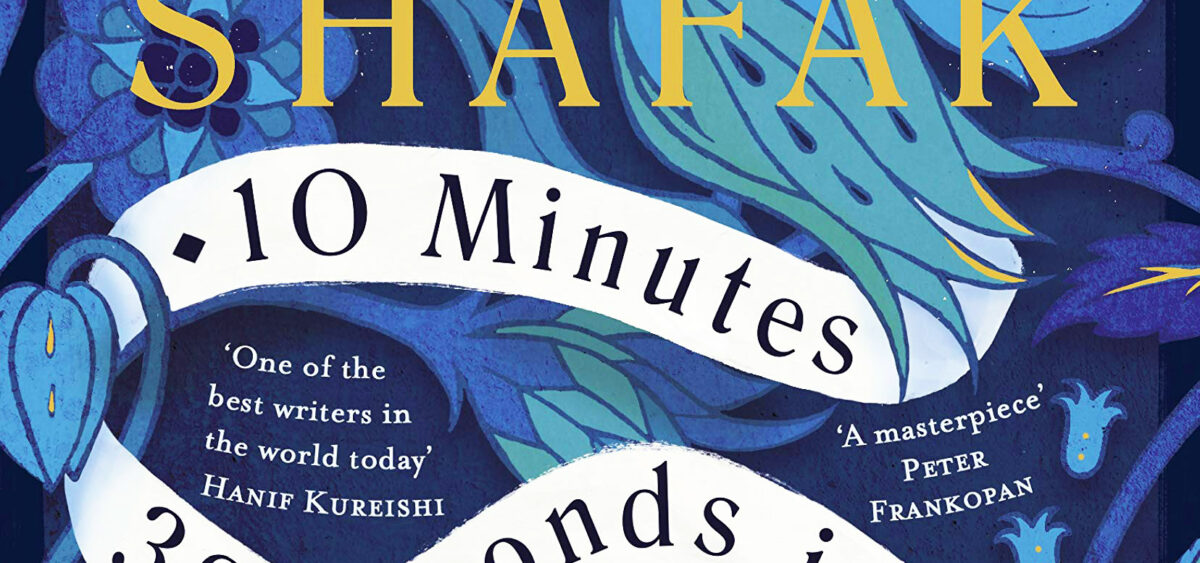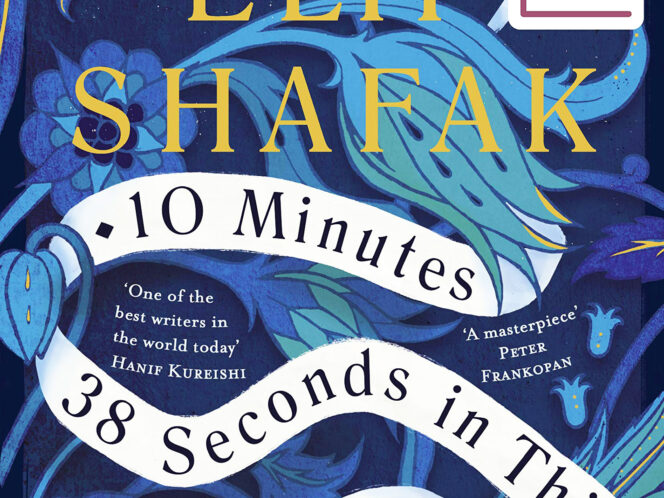
Her name is Tequila Leila and she is dying. She chose that name for herself, but not the circumstances of her death. She lies in a rubbish bin somewhere on the outskirts of Istanbul, where she reminisces.
The time she has left is 10 Minutes 38 Seconds in This Strange World, as the title of Elif Shafak’s new novel reads. The brain gives up more slowly than we used to believe. Canadian researchers have come across a case in which the process of the brain’s individual functions ‘switching off’ took over 10 minutes from the moment death was called. This intriguing fact allowed Shafak, currently the most renowned Turkish writer, to create a vibrant tale about life after death, but also about the life of the outcasts and undesirables who every day teeter on the brink of non-existence. Nobody cares about them, nor their happiness – nobody will claim their desecrated bodies.








